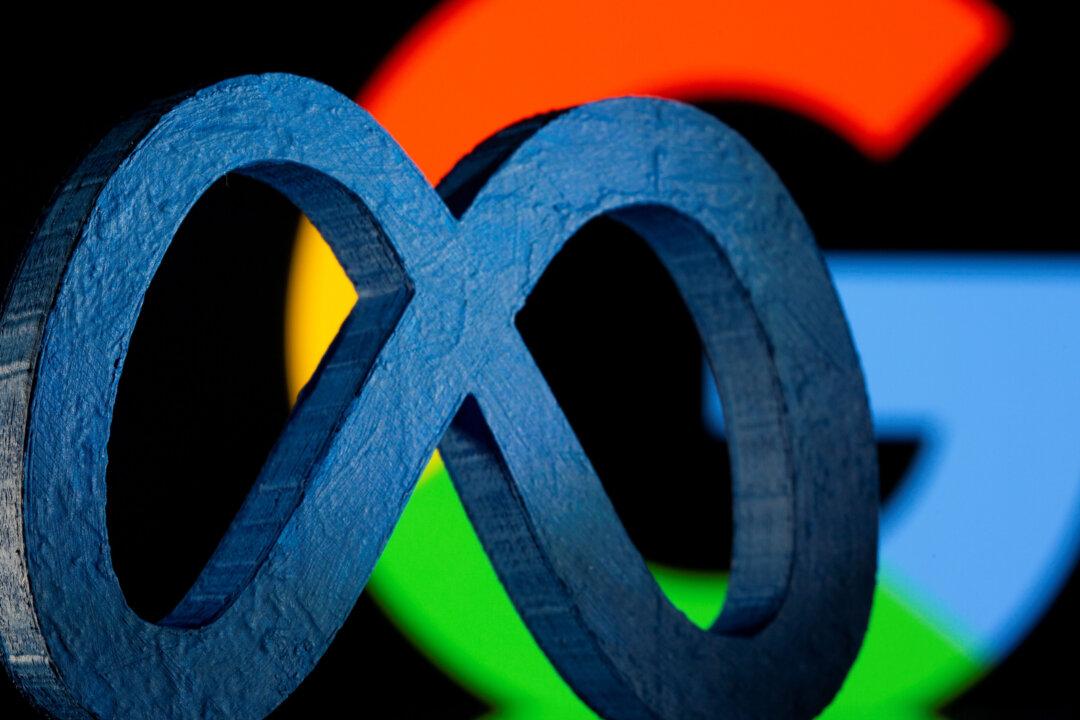Google and Facebook have been accused of censoring debate on a contentious proposal to change the Australian Constitution to include a special parliamentary body representing Aboriginal Australians.
The Melbourne-based Institute of Public Affairs (IPA) said it provided three examples to the prime minister of programs it produced on the Indigenous Voice to Parliament that were subsequently censored.





